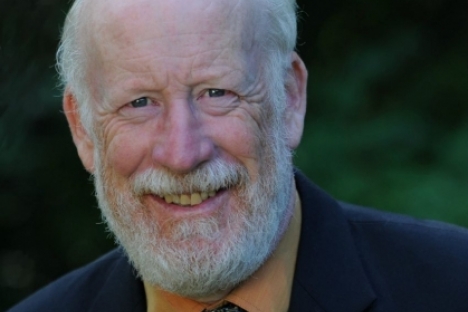From the Hill - MP speaks to wildfires
It’s now official — 2018 has just become British Columbia’s second worst forest fire season in history, second only to last year. Residents have endured weeks of heavy smoke, some have been evacuated from their communities, and some have unfortunately lost their homes. Businesses have suffered as tourists leave or stay away, wineries are concerned about tainted grapes, and even the apiarist who keeps bees in my yard warned me to keep a safe distance from the hives, because “the bees are mad.”
A recent change in the weather has improved the situation in the southern Interior, but there are still significant fires burning in the mountains of the Similkameen, Kettle and West Kootenay.
Some have called this the “new normal”, but unfortunately it’s only part of a trend—things will likely become more severe as the years go on. Luckily there are things we can and must do to reduce the impacts of climate change in both the short and long term.
First, we can adapt to these changes by altering how we work in our forests. Most forestry activities in Canada are regulated by the provincial governments, but the federal government can become involved at higher levels with significant funding and research. After the catastrophic fires of 2003 the BC government commissioned the Filmon Report, but few of the recommendations in it were fully implemented. Recently, the provincial government asked former cabinet minister George Abbot for a similar report after last year’s record-setting fire season. I hope that report is more thoroughly acted on.
Thinning forests around communities would be a great opportunity for jobs and the local economy, while effectively fire-proofing neighbourhoods against wildfires. These projects require up-front government investments, but can be designed to recoup costs. Dealing with waste wood after logging is another area to act upon. There are more and more innovative ways to use this waste—for value-added products such as pellets, paper and advanced chemicals—instead of simply burning them as has been the case.
There are also the obvious long-term actions we need to take to reduce the extent and strength of global warming. These actions will not stop forest fires and floods in British Columbia right away—but they are necessary so that Canada can do its part in global climate action. And while these must be long-term actions, we must start them now. We have to stop arguing about carbon pricing and simply do it. We’ve had a carbon tax in BC for nine years and we’ve reduced our emissions while leading the country with the strength of our economy.
The federal government can take bold actions on its own—building significant electric vehicle infrastructure for instance. Once range anxiety is taken care of, Canadians will shift to electric vehicles that are much cheaper to fuel and maintain than gas-fueled cars. Buildings are the source of almost 40 percent of our carbon emissions, and bringing back the very successful ecoENERGY Retrofit program would get us started on that front.
On another front, I’m cycling around the riding this week to meet constituents on the trails and in cafes and restaurants along the way. For a detailed itinerary of where you can meet me—or cycle along—go to my website at richardcannings.ndp.ca and scroll down for the itinerary link. See you on the trail!

























Comments